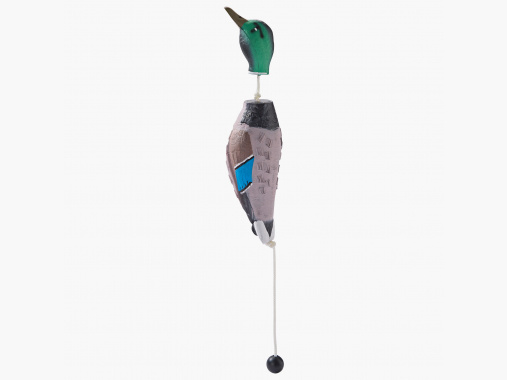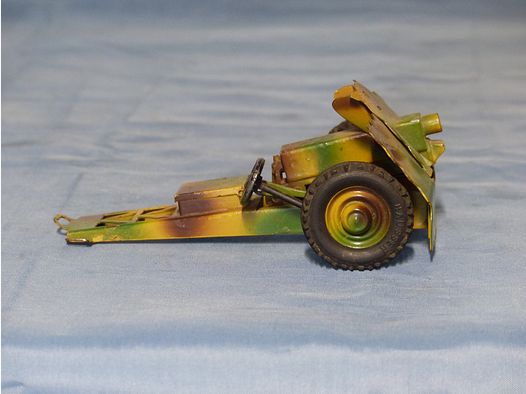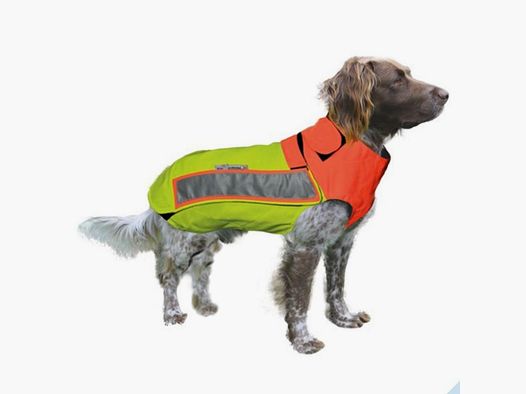What is Dummy Training?
Dummy training refers to a specific type of training conducted for dogs to prepare them to retrieve dummies (small throwing objects) as part of hunting or search exercises. Dummy training is a great way to prepare dogs for a variety of conditions they may encounter while retrieving dummies in the wild or during search and rescue operations.
In dummy training, the goal is to get the dog to retrieve the dummy on command and bring it back to the owner. This can be achieved in different ways, such as throwing the dummy to the dog and then asking it to retrieve it, or hiding the dummy well and asking the dog to search for and find it.
Dummy training is also a good way to teach dogs targeted searching and how to locate dummies in different terrain and weather conditions. It is a meaningful addition to other types of training, such as obedience training or agility training, and can help dogs become more confident and self-assured.
What Benefits Does Dummy Training Provide for Dogs?
Dummy training offers dogs a variety of benefits. First of all, it helps them improve their physical endurance and coordination skills, as they need to run, jump, and navigate through rough terrain while retrieving the dummy. Dummy training also promotes mental stimulation for dogs and helps sharpen their cognitive abilities by encouraging them to search for and find dummies in different terrains and under various conditions.
Dummy training can also help dogs become more self-assured and confident, as they learn to successfully tackle tasks and demonstrate their abilities. It can also help dogs focus better and concentrate on a task for longer periods.
Furthermore, dummy training fosters the bond between dog and owner, as it is designed for the dog to retrieve the dummy on the owner's command. This can help the dog trust the owner more and become more loyal to them.
Overall, dummy training provides dogs with a variety of benefits, both physically and mentally. It is a meaningful addition to other types of training and can help dogs be healthier, happier, and more content.
When to Start Dummy Training?
When to start dummy training for dogs primarily depends on the age and abilities of the dog. In general, dogs should only begin dummy training once they have mastered basic commands and are ready to learn new tasks. It is important that the dog is motivated and attentive and that it is interested in the training.
If the dog is still very young, it may be wise to wait to start dummy training until it is older and more mature. In any case, it is important to approach the training slowly and gradually and not to overwhelm the dog. It is also important to give the dog time to play and relax and to always make the training positive and rewarding.
A common practice is to start dummy training playfully indoors.
How to Train with a Dummy?
To conduct dummy training with a dog, there are some steps to consider:
- Choose a suitable location: It is best to conduct dummy training in a place where the dog has few distractions and can move freely. This can be a garden, a field, or a park.
- Select a suitable dummy: There are many different types of dummies that can be used for training, such as stuffed animals, plastic bottles, or wooden blocks. Choose a dummy that is safe and easy for your dog to carry.
- Start with simple exercises: For starters, you should do simple exercises where the dog finds the dummy directly in front of it and just has to pick it up and bring it to you. Reward the dog every time it successfully retrieves the dummy.
- Increase the difficulty: Once the dog has mastered the simple exercises well, you can gradually increase the difficulty by hiding the dummy further away or having the dog retrieve it on command.
- Reward the dog: Always reward the dog when it has successfully retrieved the dummy. This can be in the form of treats, praise, or play.
- Train regularly: To improve the dog's skills, you should conduct dummy training regularly. How often you train depends on your schedule and the dog's abilities. Some dogs may enjoy daily training, while others may prefer to train only every few days. Listen to your dog's needs and adjust the training accordingly.
How Often Should You Do Dummy Training?
How often you should train with a dummy depends on how much time you can dedicate to training. Most dog trainers and puppy schools say that if you have the time, you can engage your dog in the exercise every day. However, sometimes the dog may not want to do dummy training. In that case, you should keep your dog occupied with another activity or let it rest. Dummy training under duress does not work.
Which Dog Breeds Are Suitable for Dummy Training?
Some dog breeds that are particularly well-suited for dummy training include:
- Retrievers: These dogs are naturally very eager to retrieve and are therefore ideal for dummy training.
- Spaniels: These dogs also have a strong retrieving instinct and are therefore very well-suited for dummy training.
- Hunting dogs: Breeds that have been bred for hunting often have pronounced retrieving instincts and are therefore well-suited for dummy training.
However, dummy training is not suitable for dogs that are physically unable to do so or show no interest in the exercise. If your dog, for example, has physical limitations or joint problems, you might want to choose other exercises that promote its physical fitness. If your dog shows no interest in dummy training, you can try other activities such as walks, play, or obedience exercises to promote its mental and physical abilities.
Where to Find the Best Dummies?
On Gunfinder, you can also find great deals on dummies and dummy training.





































